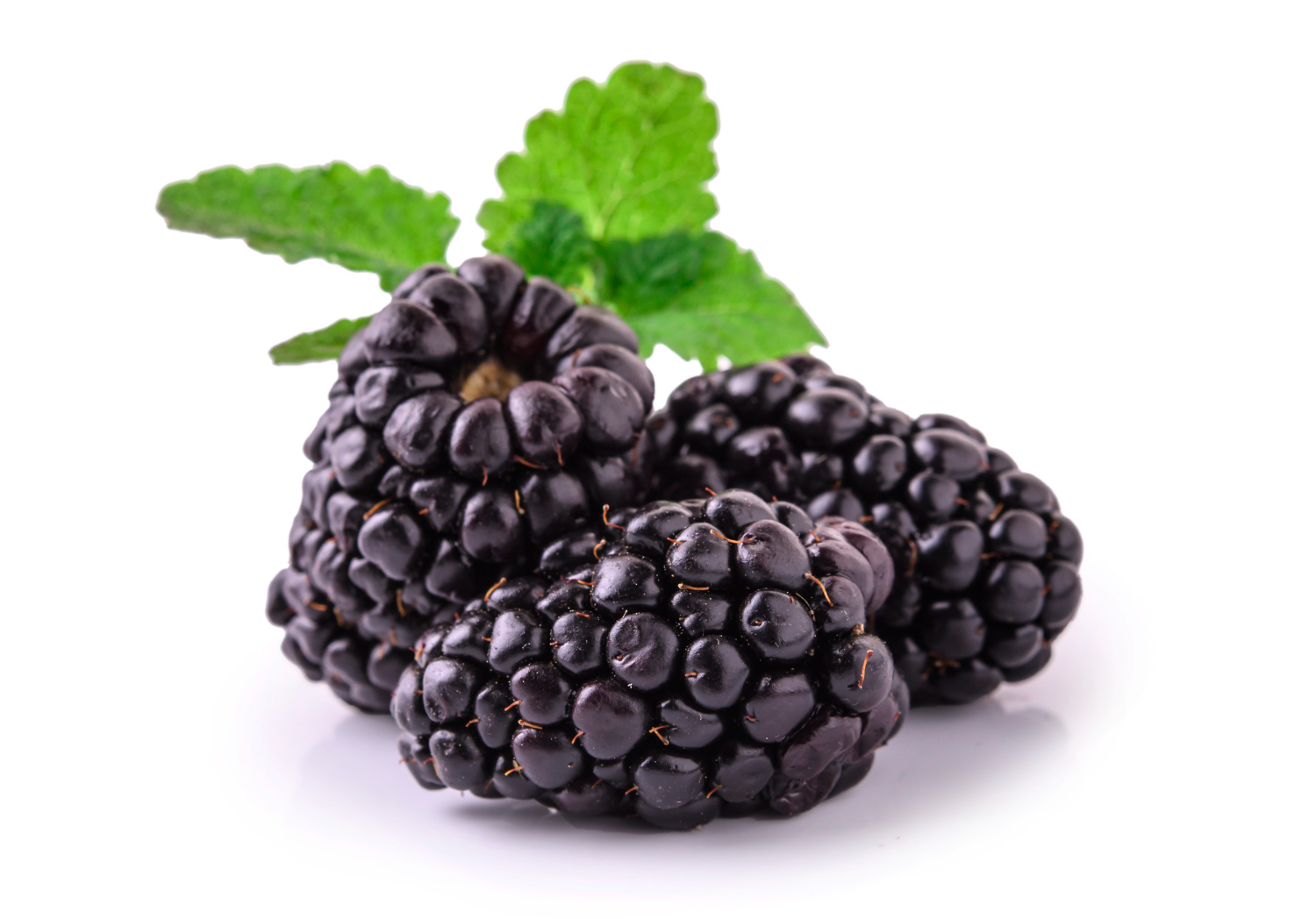Blackberries have long been praised for being packed with nutrients and having the potential to help people lose a lot of weight. But what happens if you overeat this fruit or any fruit for that matter? Today we establish the coordinates of a healthy diet, so you will know how much fruit you should be eating and how to avoid the unpleasant side effects of eating too many blackberries (and other fruits).
Can Blackberries Make You Poop?
Blackberries contain anywhere from five to eight grams of soluble fiber per 100 grams. The required adult intake of fiber is 24 grams, so you can imagine just how beneficial blackberries are for individuals who need more fiber in the diet. Despite the simplicity of getting dietary fiber through whole foods and supplements, millions of people globally still struggle with getting enough fiber.
Can blackberries make a person poop better? Yes, the answer is because of the water and fiber content and because blackberries contain nutrients that are essential for digestion and normal body functioning.
What happens when you eat blackberries?
Blackberries contain two kinds of fiber – insoluble fiber and soluble fiber. While soluble fiber gets the most attention in improving digestion, let’s not forget that both types of fiber are crucial for the normal functioning of the colon. Blackberries can help regulate your digestion and bowel movement by blocking cholesterol and fats (this is the task of the insoluble fiber) and by drawing water toward the colon (and here’s the soluble fiber at work).
Studies have shown that this is not a hit-and-miss mechanism. According to recent discoveries, dietary fiber activates sodium in the colon, drawing more moisture toward the stool. As a result, the stool becomes softer, and the transit time of the stool is also reduced. People who suffer from constipation need more dietary fiber because they often have to contend with very dry and hard stools. Hard stools may be a sign of chronic constipation and other digestive disorders. Luckily, it is possible to manage hard stools with diet modifications. As long as you can be consistent with your diet, you can help control the frequency and onset of constipation.
Are Blackberries Hard to Digest?
Blackberries are not hard to digest, and they contribute to better digestion in the long term. So, if you are constipated and are wary of adding fruit to your diet, you don’t have to be mindful of blackberries because they’re easy on the stomach, and they are also easy to digest. You may have read somewhere that blackberries may be hard to digest. There may be some confusion here as to what takes place.
People who feel that they have indigestion after eating fruits may be experiencing hyperacidity. Not all fruits trigger hyperacidity, so this happens on a case-to-case basis. Blackberries have a pH of 3.5 or higher, so they’re not so acidic, but the specific reaction will depend on the severity of a person’s GERD.
Acidic food is not the sole trigger of hyperacidity and acid reflux. Salty food and fatty food both trigger acid reflux. Scientific studies show that rich foods tend to relax the esophageal sphincter, initiating the reverse movement of stomach contents. So you may not have a painful bout of hyperacidity, but there may still be some acid reflux after you eat fatty food.
We recommend speaking to your physician and working out a plan that will identify the specific food types that tend to trigger your hyperacidity and acid reflux. That way, you won’t be unduly worried about eating all kinds of food, and you can begin working out which fruit types are healthy for you.
What Happens If You Eat Too Many Blackberries?
Blackberries, or any fruit for that matter, can cause unsavory side effects if you don’t control your consumption. The recommended serving for blackberries, raspberries, and other tasty fruits are one US cup per day.
For blackberries, this means ten pieces or less, depending on the average size of the blackberries. If you happened to purchase huge ones, one US cup might be less than ten pieces. Either way, you can eyeball your consumption.
If you happened to overeat this fruit, you could expect the following potential after-effects: bloating, diarrhea, hyperacidity, acid reflux, and periods of sporadic heartburn. Your stomach is going to start reacting to the blackberries because blackberries are acidic. Blackberries have a pH of 3.5, close to the bottom of the pH scale, with one being the most acidic. But don’t be afraid – remember that the stomach is also very sour since it has hydrochloric acid. However, you can’t consume acidic foods without expecting a reaction from your body. If your hyperacidity is easily triggered, we recommend cutting down on your consumption.
Another potential problem that you may experience if you overdo the consumption of blackberries (and other berries) is blood sugar issues. We know that elsewhere we already discussed that natural fruit sugars do not count toward the free sugar allowance that people have for the day. However, this only works toward a certain degree. Natural sugars are still turned to glucose, and eventually, the protection that dietary fiber provides is no longer sufficient. In short, you need to control your consumption if you have diabetes if you want to keep your blood glucose level at an average level. However, you don’t have to be afraid of eating fruits if you have metabolic conditions like type 2 diabetes. Fruits are still part of a sensible diet. Even if you have diabetes, you have to be very mindful of the portions, and you should also be physically active so you can burn more calories per day.

